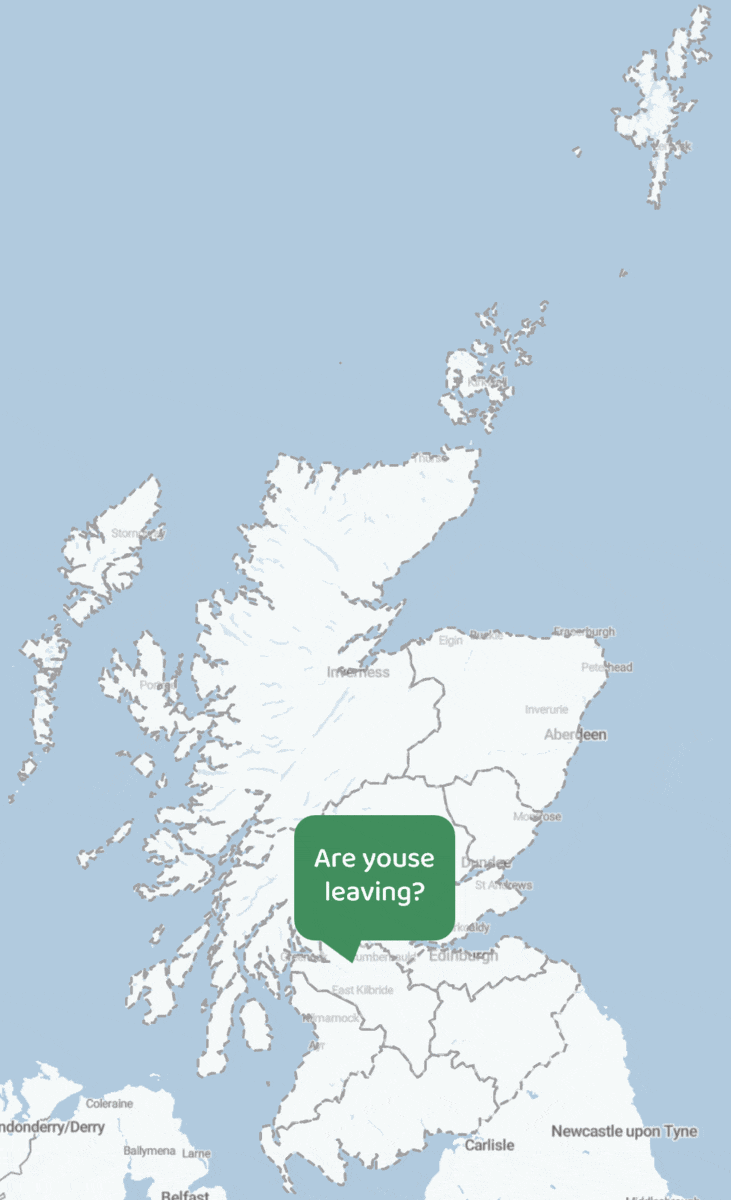FAQs for teachers
Why was Speak for Yersel created?
There has been an increasing interest in the study of Scots in schools over the past few years, including Scots Language in Curriculum for Excellence (https://education.gov.scot/improvement/documents/scotslanguageincfeaug17.pdf). As linguists know, the best resource for the study of language is the speaker themselves - we actually know a lot about speech, whether our own or other’s, but we just don’t know that we do. Speak for Yersel puts the pupils’ own language at the centre of the learning, focussing on the different words, sounds and structures in their own speech and throughout Scotland. Such a resource feeds directly into The Scots Language Award’s Understanding and Communicating stream, but more generally into learning a modern language, analysing written texts, and a deeper understanding of cultural heritage. In addition, the resource is standalone, meaning that pupils can complete the activities with very little or no teacher input. In an already stretched curriculum, this was an important consideration for us in creating Speak for Yersel. The resource is completely self-contained: all pupils need is online access, and this can be on any device (desktop, laptop, mobile phone). The pupils do not need to download anything, and we do not collect any online information about the user (IP addresses, etc.).
What can pupils do with Speak for Yersel?
The resource is based around five surveys. These surveys will ask them about the words, sounds, and sentences they use in everyday speech. In addition, they will be asked to listen to recordings of speech from young people around Scotland. They will then be asked their opinions about how those young people speak, focussing on where they think the speaker is from, and what they think of the speaker. After each survey, they can take a quiz on the results of the survey, and complete some follow-up activities to deepen their knowledge about the language used in their area and in other parts of Scotland.
What do I need to do before I use this in the classroom?
We hope you’ll have to do very little! Speak for Yersel is set up as a completely self-contained resource. However, you might want to try out the site for yourself first to familiarise yourself with the resource. You may also want to provide the pupils with a pathway through the different parts of the site. We suggest focussing the lesson on one aspect of Scots, such as the words, sounds, sentences, or social attitudes. So for example in Give your word, you would use the following pathway:
Give your word -> Survey -> Quiz -> Activities -> Maps
A pathway such as this may take pupils 45 minutes to complete. These pathways are self-paced, so some pupils may complete them quickly, and others may want to discuss or compare answers.
If you want to take these lessons beyond the resource, we have provided more resources below for follow-up lessons.
How much class time will this take?
It depends. Speak for Yersel can be used as a short addition to a lesson, or as an entire lesson in itself. For reference, asking students to register for the site and complete a survey should take around 10-15 minutes. You may want to budget an additional 10-15 minutes for each additional survey, quiz, or activity. For example, if you'd like students to reflect briefly on the words, sounds, and sentences of Scots, as well as their attitudes toward them, we suggest directing them to do all the surveys. This will more than likely take an entire class period.
In short, using this resource can take as much or as little time as you need to fit your lesson plans.

 Speak For Yersel: Scotland
Speak For Yersel: Scotland
